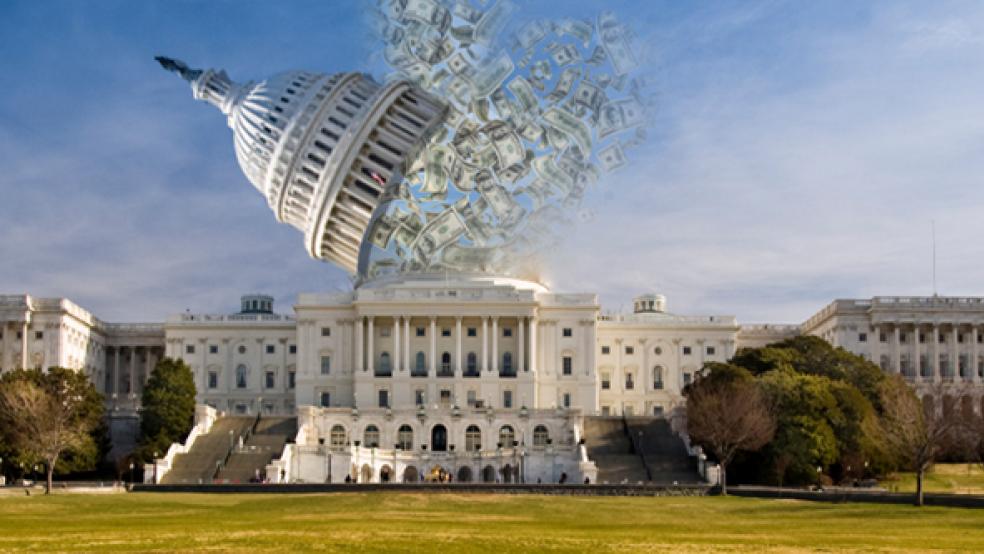ven a dismal economy didn’t prevent rich lawmakers on Capitol Hill from becoming richer. Congressional members’ personal wealth collectively increased by more than 5 percent between 2007 and 2010, even as the average American saw median household net worth drop 39 percent during the same period. The wealthiest gained more than 14 percent according to the Washington Post, which conducted the study and investigation.
The number of millionaire lawmakers has dropped since the Great Recession to less than half, but since they don’t have to report the value of the home (or homes, as the case may be), the numbers are underestimated. Here are key findings from the Washington Post:
- The number of millionaires in Congress dropped after the Great Recession; the 253 who have served during the current session are the smallest group since 2004. The numbers are likely to be underestimated because lawmakers are not required to list their homes among their assets.
- Between 2004 and 2010, 72 lawmakers appeared to have doubled their estimated wealth.
- At least 150 lawmakers reported receiving more income from outside jobs and investments than from their congressional salaries of $174,000 for rank-and-file members.
- Representatives in 2010 had a median estimated wealth of $746,000; senators had $2.6 million.
- Since 2004, lawmakers reported more than 3,500 outside jobs paying their spouses more than $1,000 a year. The lawmakers are not required to report how much the spouses are paid or what they did for the money.
Lawmakers’ wealth is held in a variety of ways: 127 primarily in real estate, 117 in institutional funds, 75 in their spouses’ names, 51 in essentially cash, 36 in specific stocks and bonds, 32 in high-turnover trading, 30 in business ownership and 20 in agriculture. More than 40 had reported assets of $25,000 or less.
Read more at the Washington Post


